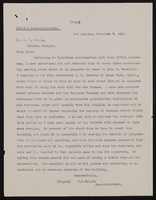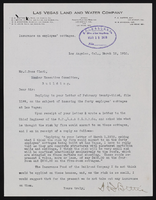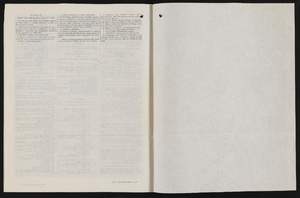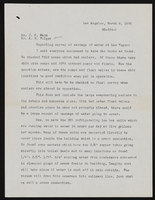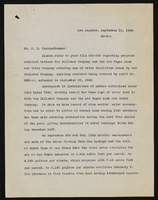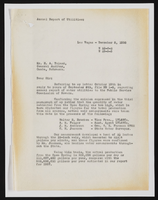Search the Special Collections and Archives Portal
Search Results
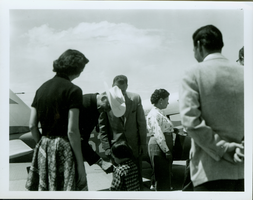
Rex Bell (George Francis Beldam) shaking a child's hand at an airport. Other people are unidentified and location is unknown: photographic print
Date
1880 to 1979
Archival Collection
Description
Dorothy Bell Scans UNLV-Public Lands Institute
Image
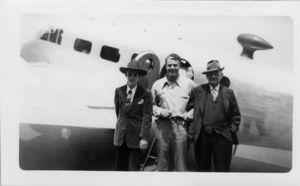
Rex Bell (George Francis Beldam) center), with two other unidentified people at an unknown location in front of an airplane: photographic print
Date
1880 to 1979
Archival Collection
Description
Dorothy Bell Scans UNLV-Public Lands Institute
Image
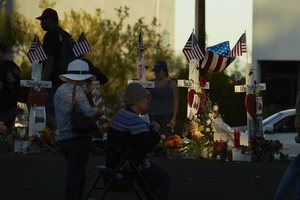
People gather and view the crosses at the 1 October memorial located at the Welcome to Las Vegas sign, looking east-northeast in Las Vegas, Nevada: digital photograph
Date
2017-10-06
Archival Collection
Description
Following the October 1, 2017 killing of 58 people at the Route 91 Harvest Music Festival on the Las Vegas Strip, the Las Vegas community responded in a variety of ways. This series of photographs document the impromptu memorial created at the Welcome to Las Vegas sign.
Image
Pagination
Refine my results
Content Type
Creator or Contributor
Subject
Archival Collection
Digital Project
Resource Type
Year
Material Type
Place
Language
Records Classification

